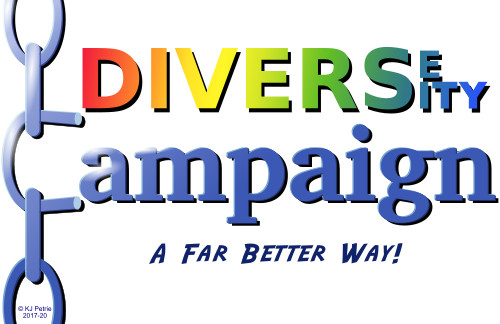Opinion
30th May 2023
BBC Coverage of Ugandan Law
On the Today Programme this morning Radio 4 covered the new law in Uganda punishing homosexual acts with life imprisonment, or rather, it didn’t. What it did cover was the reaction of an “LGBT activist” to the legislation. There was no neutral correspondent explaining the cultural significance of the issue in Ugandan society, no explanation from a proponent of the change, no view from government and opposition politicians, no voice of ordinary Ugandan citizens, just the voice of one activist who, by his activism, could be guaranteed to say the change is terrible.
Now, I would like to make crystal clear I do not approve of criminalising what is basically personal behaviour in a private capacity. There is no virtue in worrying over something which happens in private with consent. I would need a lot of persuading the Ugandan law is in any sense justified, but I am not in Uganda and do not fully understand the local context, which is what I needed to learn. Instead, I was given the BBC’s cultural imperialism. Who says we British know what is right for Uganda? Who says the Ugandans are not entitled to self-determination, to decide for themselves what is right for their society? Who says they should adopt our values just because we disapprove of theirs? Isn’t that what their independence means? Yet the BBC did not set out to inform us about the Ugandan context. It just took one side of the issue and presented that for our disapproval, using language which is itself an unproven conglomeration of concepts purporting to reduce a complex pattern of different issues to a single homogeneous whole.
The BBC’s bias is so institutionalised it cannot even recognise it as it sets out to inform impartially, but actually fails to come anywhere near. In this way it stoked prejudice against a whole nation by judging them not by the needs of their own people, but by the values of ours. Rather than propagandising against Uganda, should it not have explained why this matters so much to Ugandans and then heard their own debate in order to inform our own understanding? Where was the balance? In its own eyes, the BBC will doubtless consider its agreement with the one person it interviewed was balanced simply because he accorded with its own beliefs, but that isn’t the rôle of a Public Service broadcaster, and certainly not the BBC. It failed, yet I doubt it can even begin to understand how much.

